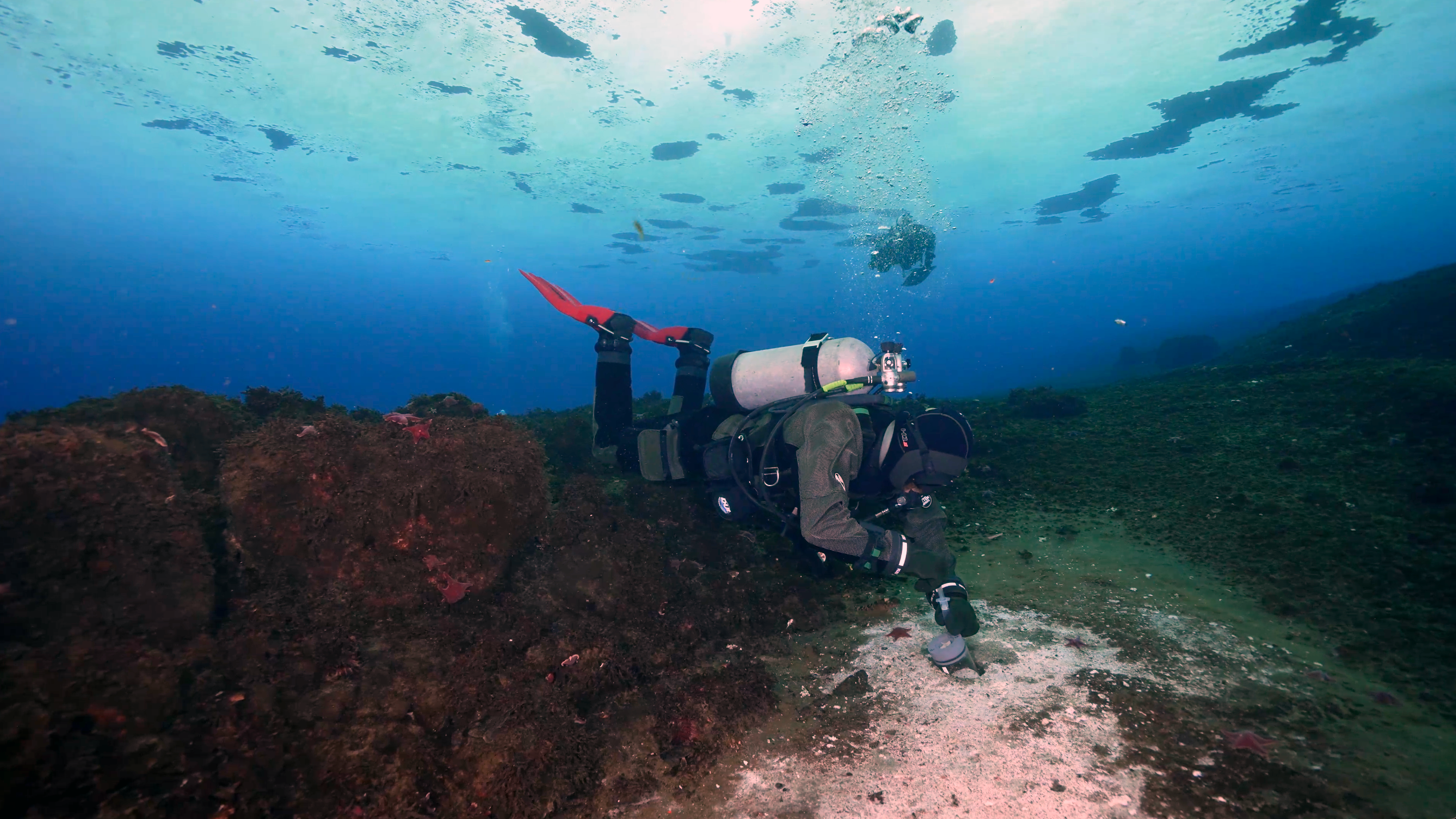Sick and Disabled Don't Wallow, Study Shows
People with severe illnesses and disabilities don't wallow in misery as much as conventional wisdom might suggest, according to a new study. In fact, they may be as happy as the healthy.
The ill and disabled adapt to their condition and show a resilience of spirit that many healthy people can't imagine, researchers said today.
The study involved dozens of dialysis patients and healthy people who reported their mood every few hours for a week. The dialysis patients had all been in treatment for at least three months and visited a treatment center three or more times a week to have their blood cleaned because their kidneys had failed.
"Our snapshots revealed that the patients were in good moods the vast majority of the time, and that their moods were not substantially worse than those of the healthy people," said researcher Jason Riis, who was a graduate student at the University of Michigan when the study was conducted.
In another aspect of the study, healthy participants were asked to imagine life as a dialysis patient. Most assumed they'd be miserable, "participants grossly underestimated the extent to which patients can adapt," Riis and his colleagues concluded. Even the patients themselves underestimated their ability to adapt.
The study does not mean that a major health catastrophe doesn't change a person's life, or that there won't be periods of frustration, the researchers caution. But the work supports similar studies that together suggest, as one patient in the new study said, "What use is there in complaining?"
"People are more resilient than they think they can be, and can get through things that they probably would have never thought they could," Peter Ubel, a University of Michigan professor of internal medicine and psychology and leader of the study. "The fact that people seem to be so poor at estimating the effect of illness on mood calls into question some of the ways we use such quality-of-life estimates in policy making and research."
Get the world’s most fascinating discoveries delivered straight to your inbox.
The findings are detailed in the latest issue of the Journal of Experimental Psychology.

